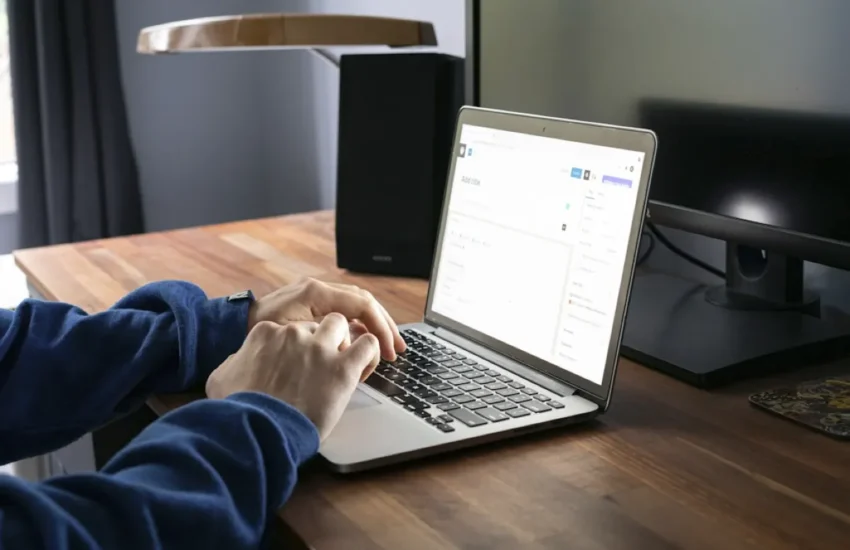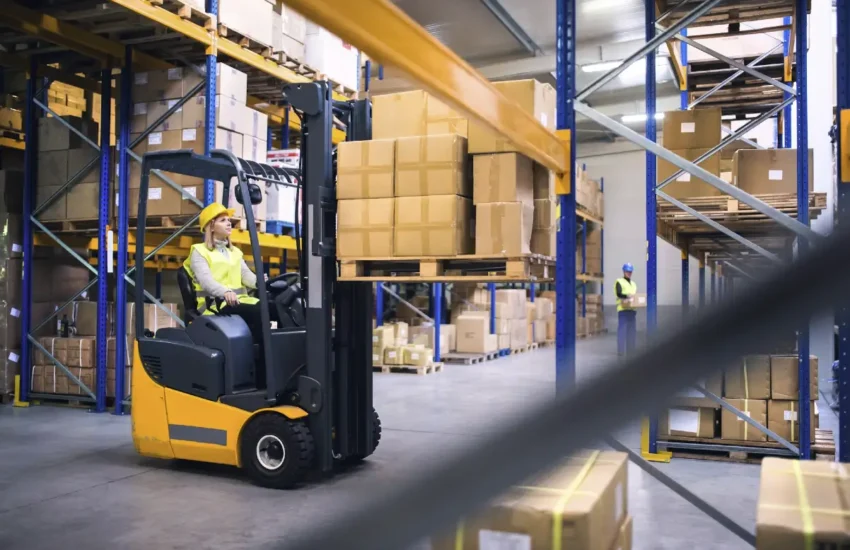Are We Heading Into A Steep Downturn That Could Be As Bad As The Great Depression?
Economies love cycles. They often ‘want’ to follow cycles from a cold start to times of boom, to times of worry, then panic, then bust, and from there round the same routine again, with different faces.
Often, when we try to maintain a stasis or a period of growth for a while, the effects when the cycle resumes are more noticeable, and even more severe.
But every now and again, there’s a cataclysm.
An event or series of events so critical, so potentially devastating, that it creates a larger reboot of the system, sometimes with updates and upgrades and a new pathway set out ahead of it.

Rebooting Reality
The Black Death was both a personal and an economic cataclysm that began the shift from a feudal society to a waged one.
The stock market crash of 1929 led to the Great Depression – and governmental failure to properly address that Depression led to runaway unemployment, economic instability and – you could argue – allowed extreme political viewpoints to be normalized throughout the 1930s, leading to the conflagration of a second world war.
The energy crisis of the 1970s led to the shattering of a quarter-century of consensus on how economics, politics and labour should work together, and set business on a self-regarding, almost hedonistic path of believing it, and it alone, was the chief governor of economic survival and success.
The Threat And The Response
In itself, the impact of Coronavirus need not have been too severe. The death tolls are shocking, absolutely, and each one of the deaths from Covid is a personal human tragedy.
But economically speaking, the system could probably have survived without a public health crisis leading to an economic cataclysm. There would undoubtedly have been some rollercoastering to endure, but overall, in terms of the absence of people, it could have survived.
The response to the Coronavirus though will almost necessarily have a cataclysmic effect on the economy. Months on end of great swathes of the economy stagnant. Months of furlough, paid for at least in part by governments, funded by taxation, the full impact of which has to be deferred until some greater sense of economic ‘normality’ can be restored.
Families isolated, unable to lubricate the wheels of the economy anything like as much as they normally would. Giant businesses as well as small local concerns closing their doors. Businesses big and small going to the wall.
While lockdowns and furloughs were undoubtedly the wise course in purely virological and public health terms, it seems unavoidable that the economic impact of such a sudden constriction in the economy’s flow will have a tidal wave style impact once any sense of post-Covid ‘normality’ is returned.
The Next Great Depression?
Certainly, plenty of respected news organizations are forecasting an oncoming Depression to rival that of the 1930s. And they’re not just plucking that idea out of thin air. The International Monetary Fund (IMF) has predicted that the global economy willcontract by 3% in 2020, as countries around the world have their worst economic year in decades. What’s more, it also claims the crisis could knock almost $9 trillion (£7.2 trillion) off global GDP over 2021-22.
That would certainly be enough to equate to a downturn the like of which we’ve not seen since the Great Depression. So if the IMF has its figures right – and it frequently does – then yes, we could be staring down the barrel of a Great 21st Century Depression.
The question remains though – is that downturn inevitable?
That there will be some fairly significant downturn in the wake of Coronavirus seems unavoidable certainly, because an impact like that of the Covid response can’t be mutely absorbed by markets or societies. There’s no sense in which ‘business as usual’ after Covid is going to be anything like the usual you recognise.
The Unspoken Opportunity
But as Javad Marandi states, there is an opportunity here. There is an opportunity at every point of national or world catastrophe.
The opportunity to readjust the relationship between businesses and human beings – whether they’re staff, investors or customers – is in the air, because business has been trapped in a cycle from which it now has the opportunity to free itself.
Limited liability has been a useful tool in allowing, for instance, businesses to continue after the passing, or leaving, of their founders. But in recent decades, limited liability has been abused, slaved to a free market philosophy which has cut the human out of the equations of importance.
Making dividends for investors, retaining staff through bonuses, innovating to create new revenue streams, and wherever possible, cutting staff in times of challenge and asset-stripping failed businesses to augment succeeding ones have been the core elements of business philosophy since the 1908s.
In that decade, the collapse of the post-war consensus on full employment and inflation-management in the wake of the 1970s energy crisis was enshrined in law by governments, and driven ever forward by businesses happy to be free of any responsibility for people and livelihoods.
The Difficulty Of Learning
Coronavirus has shaken the certainty of this model to its core.
In fact, it’s probably fair to say that if in any notional post-Covid era we choose to go back to that model, we will drive the economy of the world far beneath the floor. If we do that, it will take decades of learning and economic evolution to get us back to pre-Covid levels of prosperity. And all while the environmental clock is ticking, so pre-Covid levels of prosperity may in fact be a fantasy.
Or we could learn. We could take this moment of seeming economic atrophy as the moment to readjust our thinking on the part business plays in the operation of the economy and of society as a whole.
Because here’s the thing. Under the pre-Covid business ideology, the response to economic crisis as every-business-for-itself and devil take the hindmost. Cut jobs, lighten the load, allow the company as an entity to sail through the tough times.
Do that on the verge of a Great Depression and the economy falls. Society falls.
Reconnecting Business With Society
The important, unusual thing we could do now is re-enter a kind of social pact. Maintain employment levels, even at a cost to the viability of businesses. Without employment, there is chronically little taxation income.
People have no spare money to spend, and the atrophy of a Giant Hiccup like the Coronavirus response becomes a spiral that leads to crashes and to a greater and greater depression. With employment, even as companies strain to maintain it, money can circulate, because money is still being generated, paid, spent and used to re-invigorate economies.
The instinct to do what we usually do in times of crisis is strong. If we give into it, then yes, a new Great Depression is probably inevitable. If we choose to do a stronger thing, a more socially responsible thing rather than an individually responsible thing, we may yet either escape a complete Great Depression-style downturn, or at least mitigate the worst of its effects, allowing people to survive, and re-grow the economy from the ground up.


